Welcome To Mopar1973Man.Com LLC
We are privately owned, with access to a professional Diesel Mechanic, who can provide additional support for Dodge Ram Cummins Diesel vehicles. Many detailed information is FREE and available to read. However, in order to interact directly with our Diesel Mechanic, Michael, by phone, via zoom, or as the web-based option, Subscription Plans are offered that will enable these and other features. Go to the Subscription Page and Select a desired plan. At any time you wish to cancel the Subscription, click Subscription Page, select the 'Cancel' button, and it will be canceled. For your convenience, all subscriptions are on auto-renewal.
- Replies 126
- Views 19.3k
- Created
- Last Reply
Top Posters In This Topic
-
 Mopar1973Man 26 posts
Mopar1973Man 26 posts -
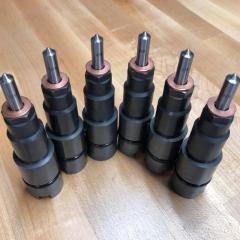 notlimah 25 posts
notlimah 25 posts -
 AH64ID 18 posts
AH64ID 18 posts -
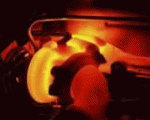 KATOOM 16 posts
KATOOM 16 posts
Most Popular Posts
-
Well had a good trip this last week. Went to to Lynden, WA for the Puget Sound Antique Tractor Show. Mitch was the first real test in towing I've put the truck through and she did great.
-
Thats them. I know when I hook up and load with the 5th wheel mine sits level and I was surprised that the travel trailer you hauled made you look a little squatted. The leveling spacers upfront expla
-
I also have the camper package like @dripley without a leveling kit and it sits level when loaded.
Featured Replies
Did This Forum Post Help You?
Show the author some love by liking their post!
Welcome To Mopar1973Man.Com LLC
We are privately owned, with access to a professional Diesel Mechanic, who can provide additional support for Dodge Ram Cummins Diesel vehicles. Many detailed information is FREE and available to read. However, in order to interact directly with our Diesel Mechanic, Michael, by phone, via zoom, or as the web-based option, Subscription Plans are offered that will enable these and other features. Go to the Subscription Page and Select a desired plan. At any time you wish to cancel the Subscription, click Subscription Page, select the 'Cancel' button, and it will be canceled. For your convenience, all subscriptions are on auto-renewal.



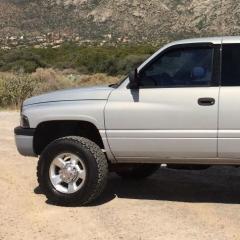
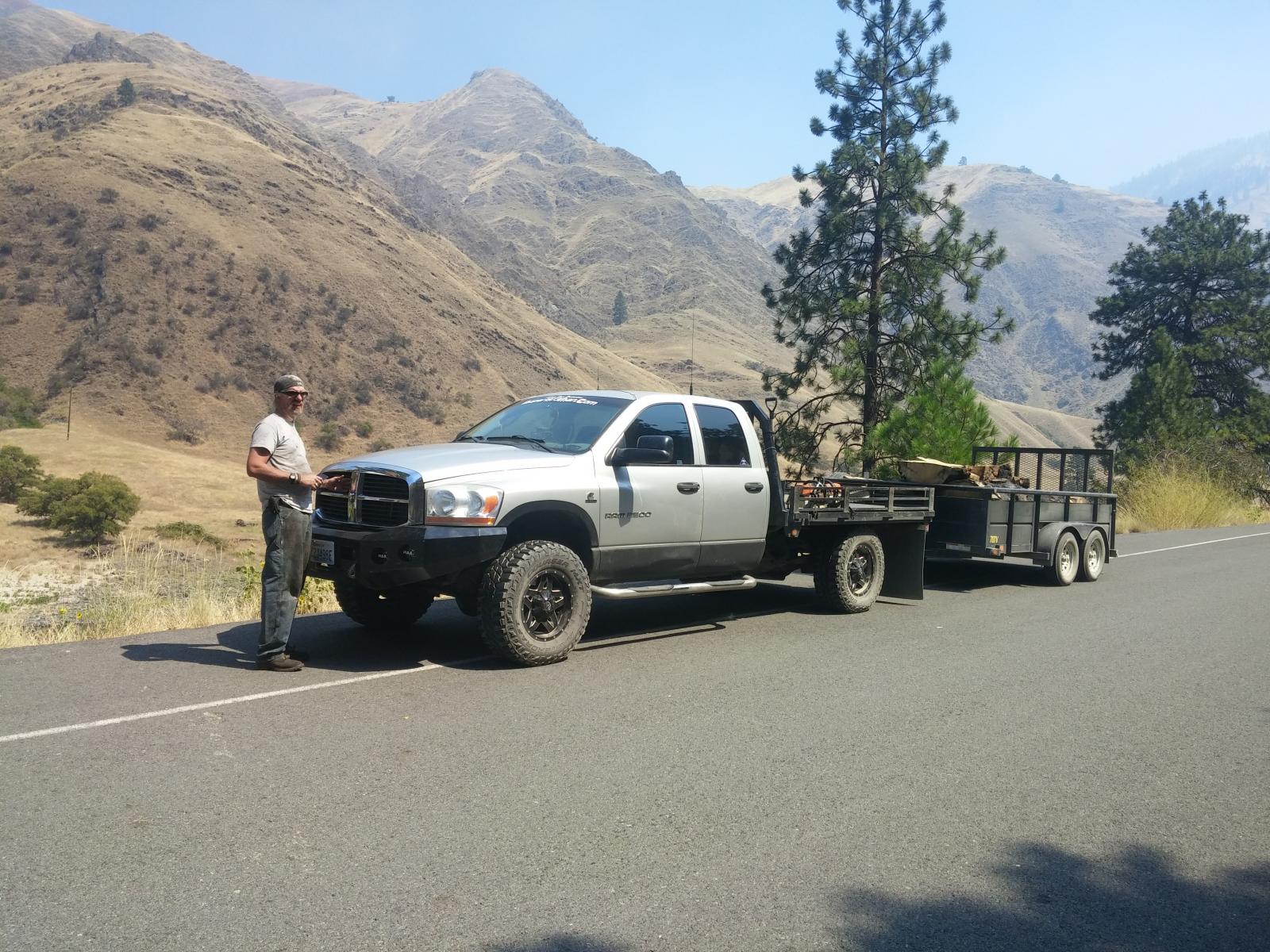
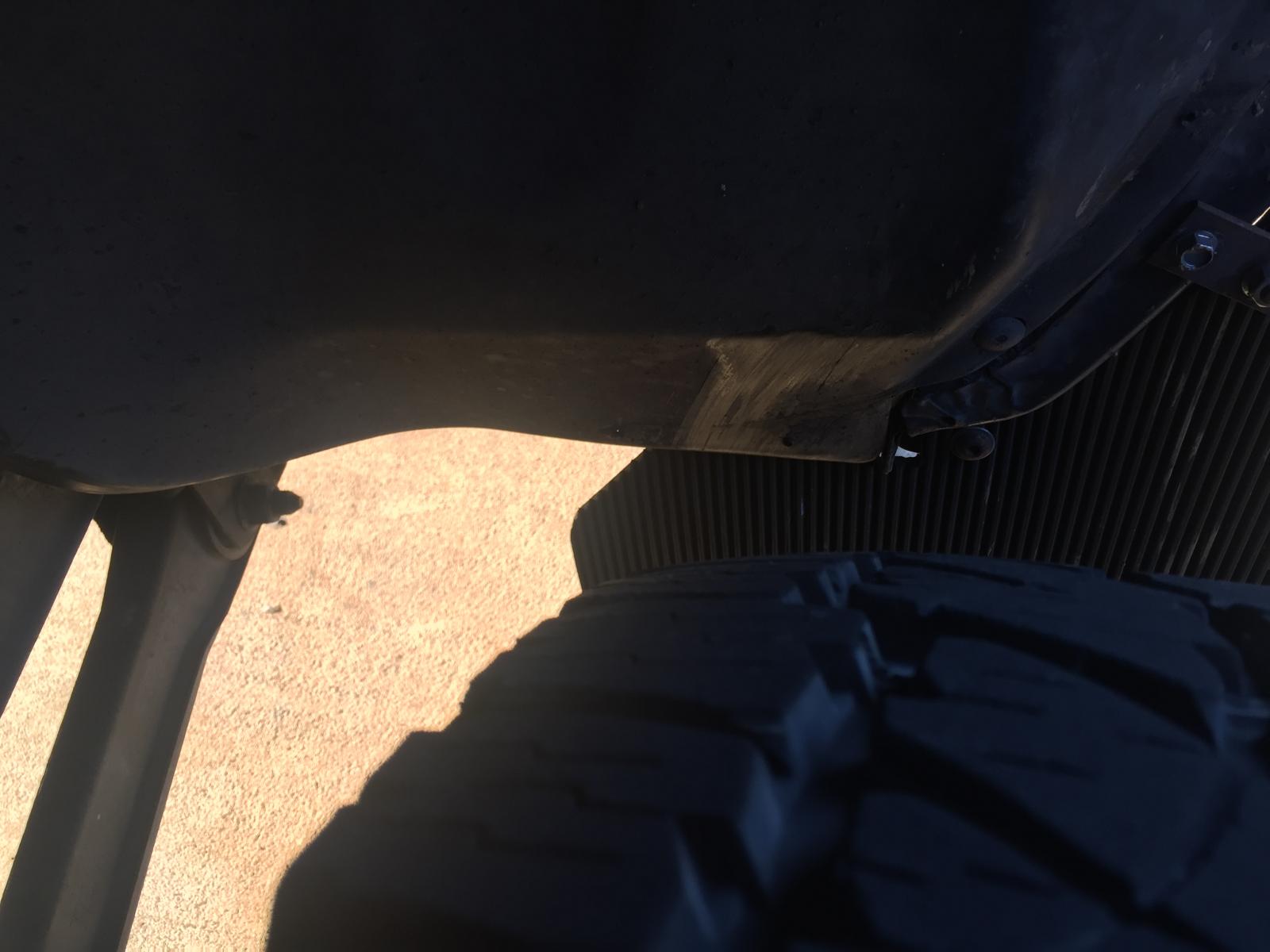
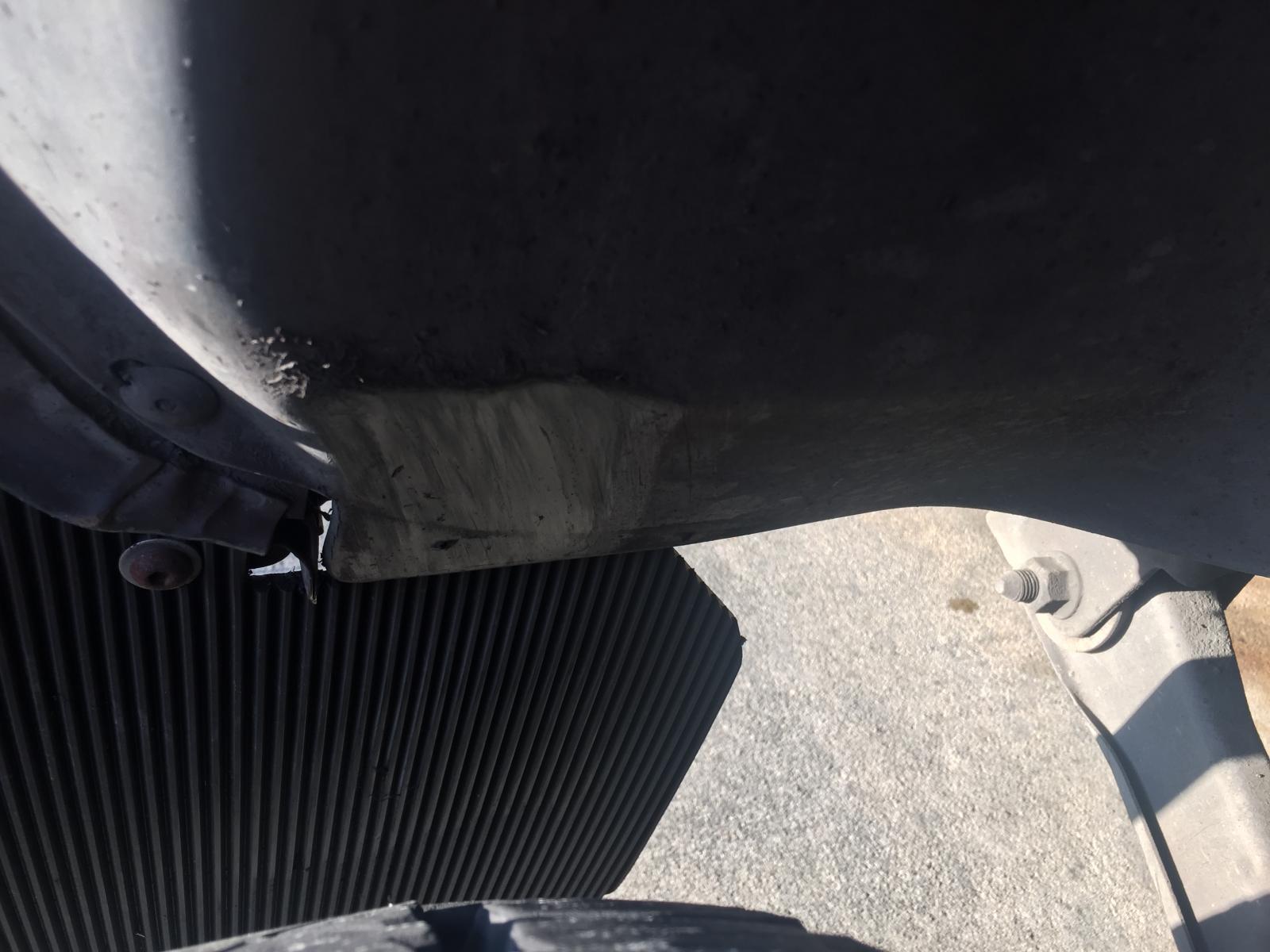
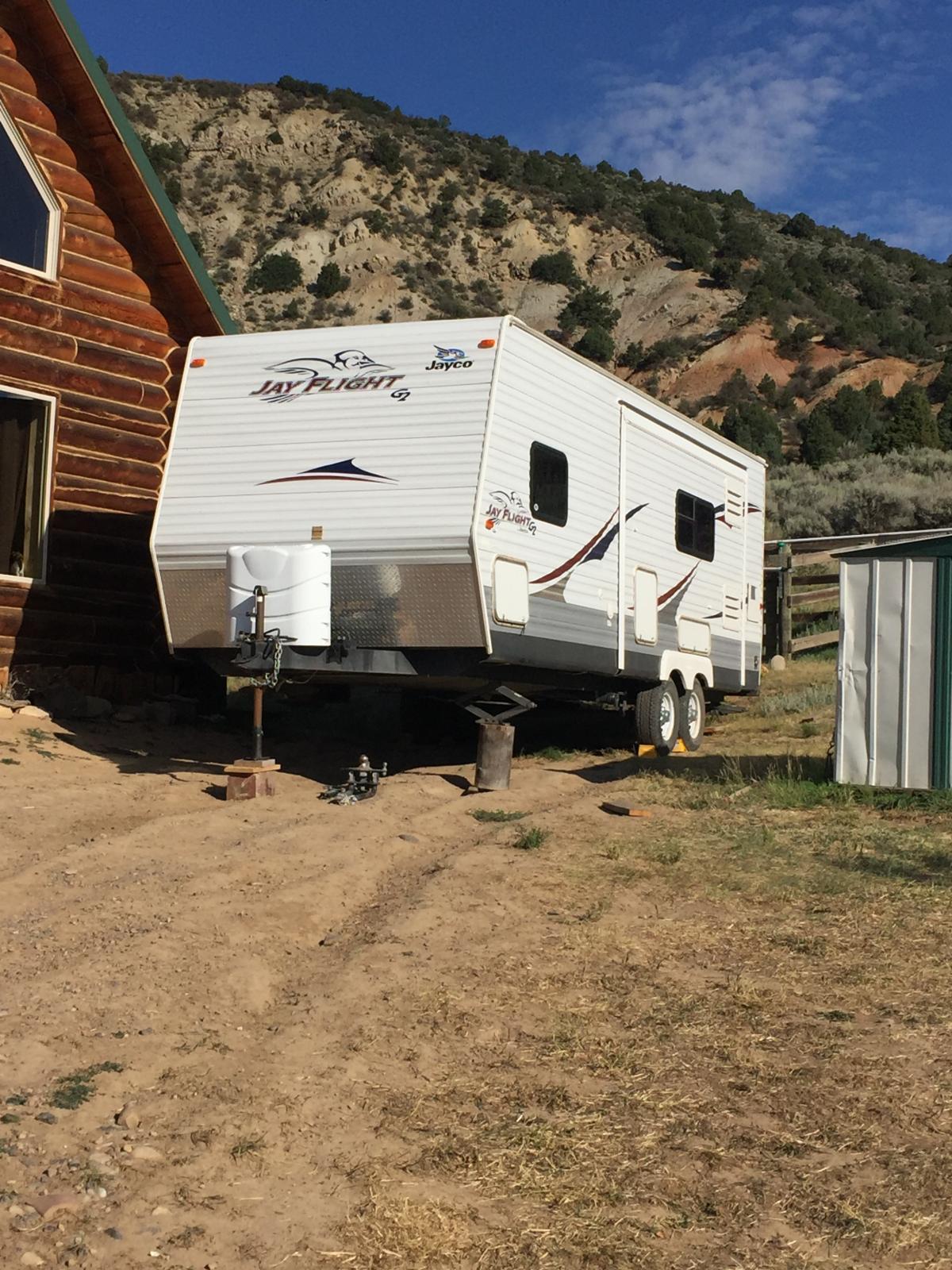
Hey guys. My wife and I have found a great local company that rents 2015 travel trailers so instead of buying we will most likely rent for our travel/camping adventures.
Although I've towed plenty before, I've never towed a travel trailer and with that, not entirely sure of neccesary things I should bring.
For you more salty travel trailer guys, what are things you can't leave without when towing? Any sort of check list or things you've found helpful in the beginning of your towing days to stay organized and bring what was needed?
I try to be as prepared as possible, especially with the family involved, so I look forward to all of your insight!